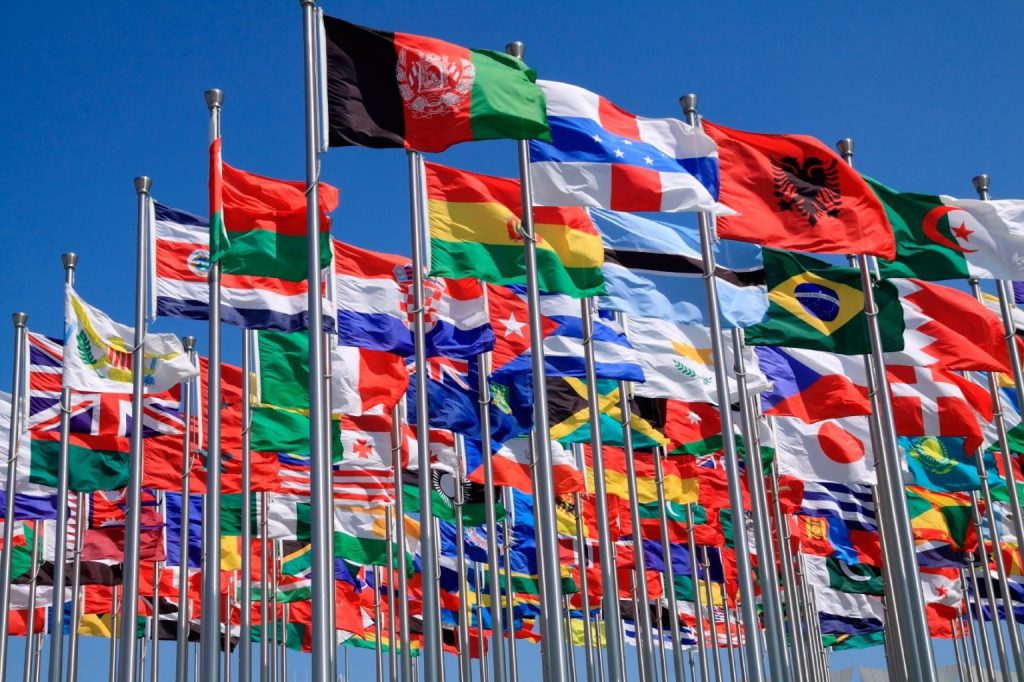KABUL, Afghanistan — A number of countries have responded to a letter from the Taliban-run Ministry of Foreign Affairs, stating that the Taliban themselves lack legitimacy, according to a source aware of the matter.
At least three diplomatic sources told Amu that the Taliban-run Ministry of Foreign Affairs sent an official letter to 13 countries, including several Western nations, declaring that consular activities of Afghan embassies currently managed by diplomats from the previous republic government are no longer valid.
One source noted that, due to the complex legal situation, most countries have not yet responded to the letter. However, the source confirmed that Belgium, Germany, and Canada are among the 13 countries that received the Taliban’s letter.
Nazifullah Salarzai, Afghanistan’s ambassador to Belgium, told Amu that the Afghan embassy in Belgium continues to operate normally and that the Belgian government has no issues with its current activities.
Salarzai added, “Our consular activities continue as before, and the host government has no issue with this process.”
The Afghan embassies in Canada and Germany did not respond to Amu’s requests for comment by the time this report was published.
On July 30, the Taliban issued a statement declaring that, with the exception of the consular services provided by the Afghan Consulate General in Munich, Germany, and the embassies in the Netherlands, Spain, Bulgaria, and the Czech Republic, the consular activities of other Afghan embassies in Europe, Australia, and Canada are “invalid” according to the Taliban.
The Taliban-run Ministry of Foreign Affairs stated, “Five countries in Europe are exempt from these restrictions, and their consular services and documents are accepted like those of other representative offices. These include the Afghan Consulate General in Munich, Germany, and the embassies in the Netherlands, Spain, Bulgaria, and the Czech Republic.”
Sources previously said that the Taliban took this action due to the lack of engagement from these embassies. Some diplomats have described the Taliban’s actions as “pressure for engagement.”
Meanwhile, some Afghan citizens in Europe have expressed concern that these Taliban decisions could create challenges for consular services for Afghan citizens in Europe.
“The Taliban’s decision could seriously impact thousands of Afghan citizens living in Western countries who need document verification and legal documentation. We urge the Taliban to reconsider their decision and call on Western countries to apply financial and political pressure on the Taliban to reverse this incorrect decision,” Reza Shaheer, an Afghan journalist in exile, told Amu.
The third anniversary of the Taliban’s takeover of Afghanistan was held last week. During this time, no country has recognized the political structure established by the Taliban. Many Afghan embassies, including Afghanistan’s seat at the United Nations, remain under the control of diplomats from the previous government.





